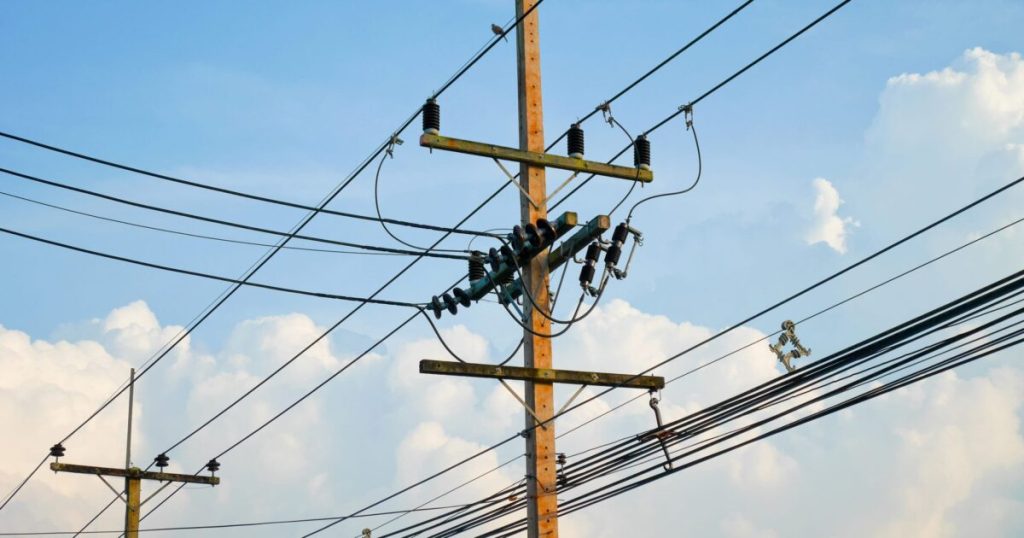The Federal Medical Centre (FMC), Ebute Metta, Lagos, faces a critical challenge in maintaining consistent power supply for its operations. Despite paying a staggering N20 million monthly for electricity, the hospital receives a mere three hours of public power daily, forcing it to rely heavily on diesel generators. This exorbitant electricity bill covers only a fraction of the hospital’s actual power needs, highlighting the severe inadequacy of the public power grid. The hospital’s commitment to providing 24/7 electricity for essential medical services necessitates the consumption of a staggering 80,000 litres of diesel each month. This dependence on diesel generators represents a significant financial burden, consuming a substantial portion of the hospital’s budget that could otherwise be allocated to patient care, equipment upgrades, or staff development. This dependence also raises environmental concerns about the carbon footprint associated with diesel consumption.
The hospital’s predicament underscores the broader challenges within Nigeria’s power sector, where unreliable electricity supply is a persistent hurdle for businesses and institutions alike. The reliance on expensive and environmentally unfriendly diesel generators has become a common, albeit unsustainable, solution. The high cost of diesel not only strains the hospital’s finances but also has broader implications for healthcare affordability and accessibility. The situation at FMC, Ebute Metta, exemplifies the urgent need for comprehensive reforms and investment in Nigeria’s power infrastructure to ensure a reliable and sustainable electricity supply for critical services like healthcare.
Dr. Adedamola Dada, the outgoing Medical Director of FMC, Ebute Metta, revealed the hospital’s energy struggles at a media parley. He explained that for the past seven years, the hospital has had to generate approximately 95% of its power to maintain continuous operations, ensuring crucial medical equipment remains functional and patient care is uninterrupted. This self-reliance on power generation has been an essential but costly endeavor, consuming a substantial portion of the hospital’s financial resources. Dr. Dada emphasized that reliable power is paramount for the smooth running of any modern healthcare facility, particularly one like FMC, Ebute Metta, which has embraced automation in its services. The automated systems, crucial for efficient and effective healthcare delivery, are completely dependent on a constant power supply.
The decision to automate the hospital’s systems was a bold step, considering the precarious state of Nigeria’s power grid. Many questioned the feasibility of maintaining automated services given the frequent power outages. However, the hospital management recognized the crucial role of technology in modern healthcare and prioritized a robust power delivery mechanism. The resulting investment in self-generation capabilities allowed them to overcome the limitations of the public power supply and ensure the uninterrupted functioning of critical medical equipment and services. This decision highlights the hospital’s commitment to providing quality care despite the external challenges.
Despite the financial burden, the hospital’s investment in consistent power has yielded positive results. The improved quality of care has attracted a growing number of patients seeking reliable medical services. Furthermore, FMC, Ebute Metta, has garnered recognition for its high standards and compliance. In 2022, the Health Facilities Monitoring and Accreditation Agency (HEFAMAA) recognized FMC, Ebute Metta, as the most compliant hospital in Lagos State, a testament to its commitment to quality. More recently, the Bureau of Public Service Reform under the Presidency recognized the hospital as a pioneer in utilizing Information and Communication Technology (ICT) within the public health sector. These accolades highlight the hospital’s dedication to leveraging technology and maintaining high standards despite the challenges.
In conclusion, the situation at FMC, Ebute Metta, illustrates the critical need for sustainable and reliable power solutions in the Nigerian healthcare sector. While the hospital’s commitment to self-generation has enabled it to provide uninterrupted services and achieve commendable standards, the financial strain of this approach is significant. The hospital’s experience serves as a compelling case study for broader reforms in the national power sector. A stable and affordable electricity supply is not just a matter of convenience; it is fundamental for ensuring the quality, accessibility, and affordability of healthcare services. The ongoing struggle to maintain power underscores the urgency of addressing the power deficit and investing in sustainable energy solutions to support critical institutions like hospitals and ensure the health and well-being of the population.


